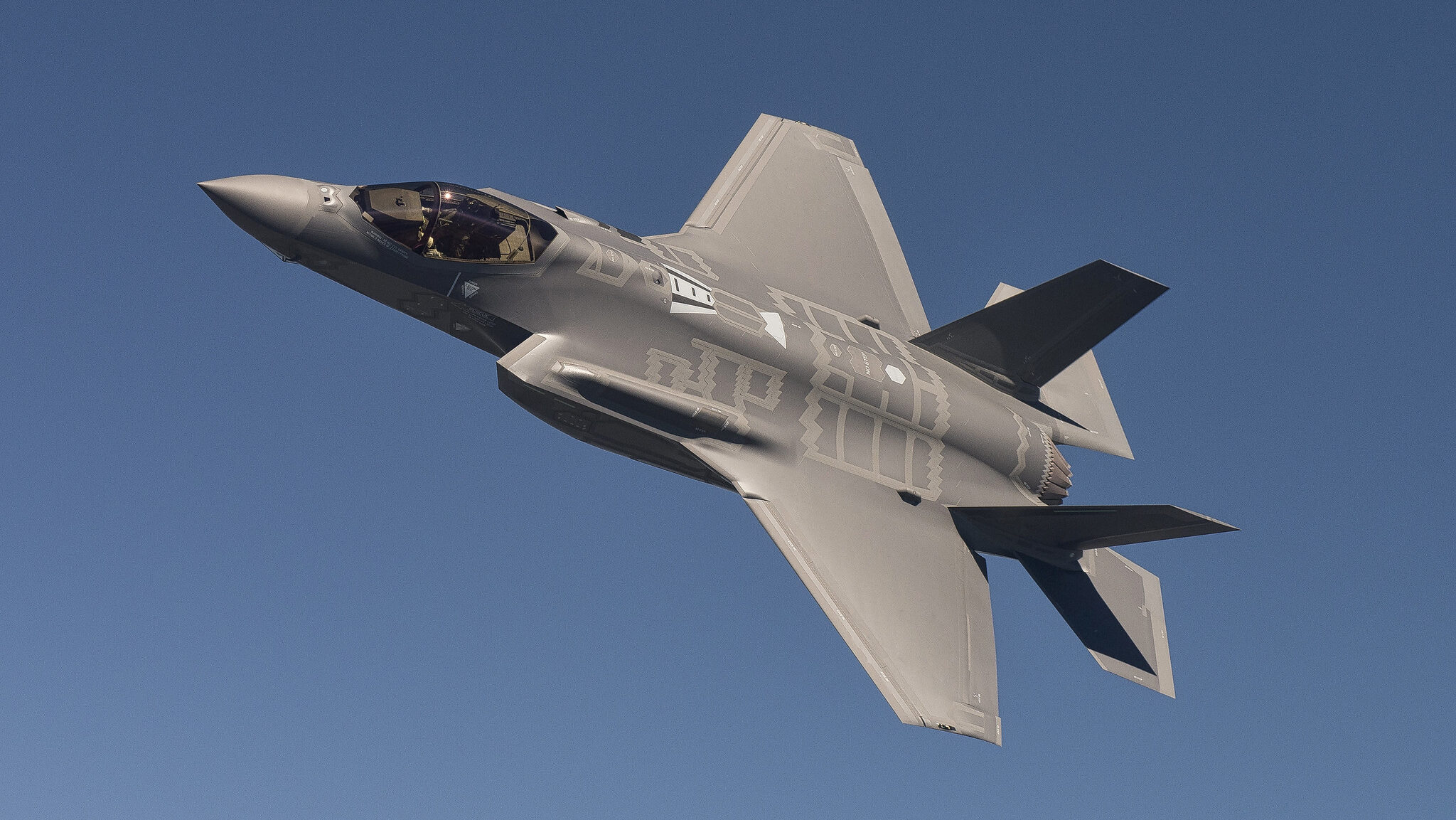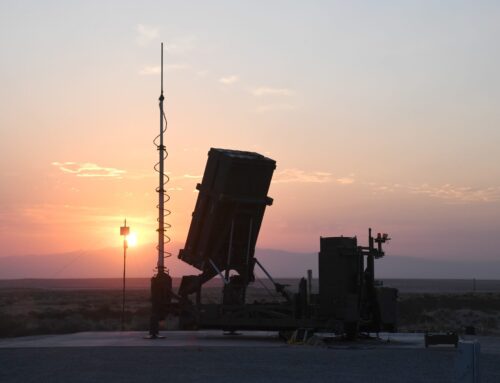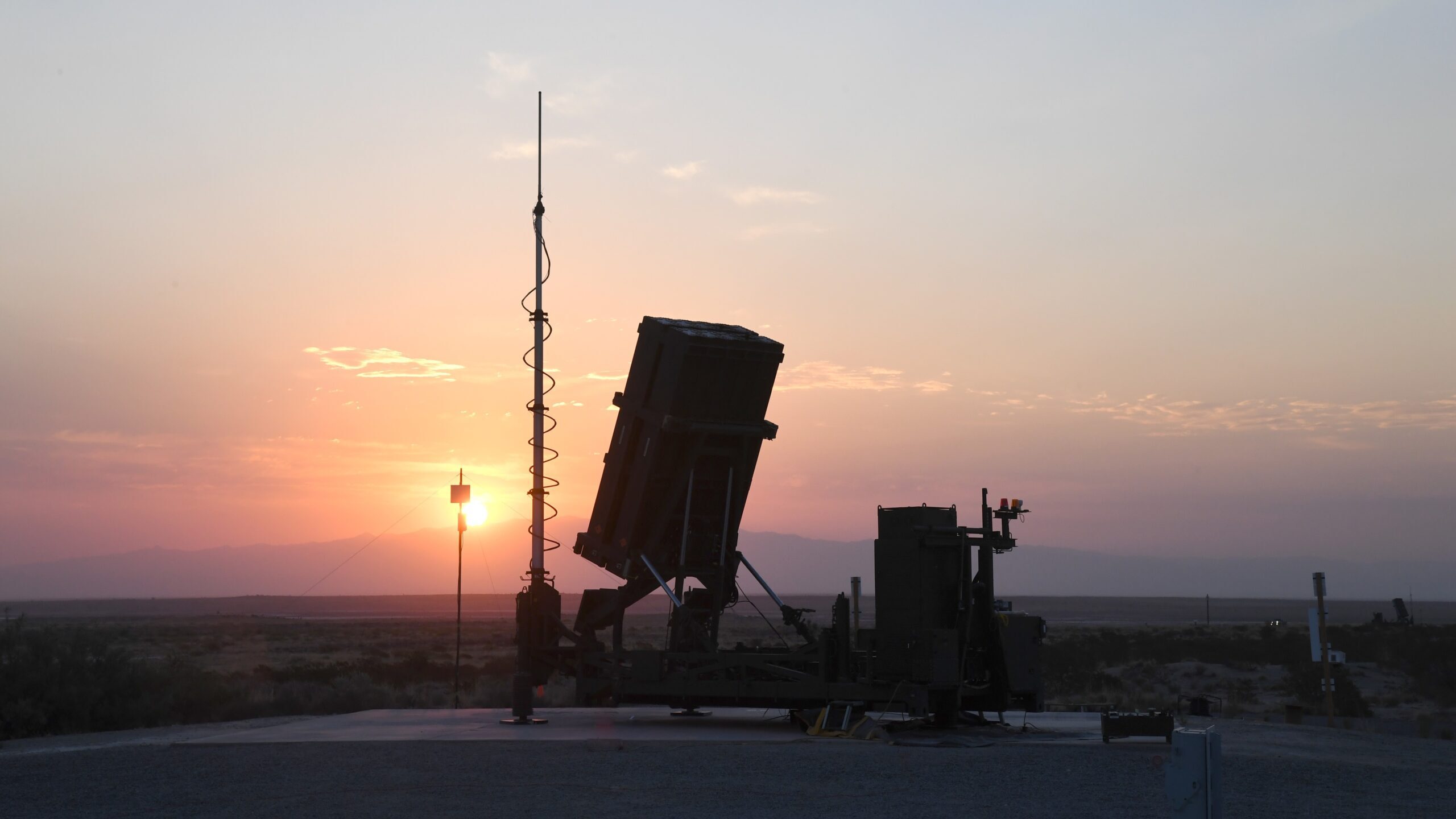Romania has ordered 32 F-35A fifth generation fighter jets, joining a host of other European nations (US Embassy in Romania)
BELFAST — Romania has formally committed to the acquisition of 32 Lockheed Martin F-35A Lightning II fifth-generation fighter jets after signing a Letter of Offer and Acceptance (LOA) today. The procurement is valued at approximately $6.4 billion.
Romania joins a wide base of European customers for the platform including Belgium, Czech Republic, Denmark, Finland, Italy, the Netherlands, Poland and the UK.
Reacting to the inking of the LOA, Lockheed Martin said in a company statement, “This decision marks a significant milestone in Romania’s defense strategy and its commitment to maintaining a robust and advanced military force.”
Lt. Gen Mike Schmidt, director and program executive officer of the F-35 Joint Program Office said in the statement, “The integration of the F-35 Lightning II aircraft into the Romanian Air Force will significantly strengthen NATO’s deterrence capabilities by providing unmatched strategic, operational, and tactical advantages.”
He added, “The F-35 Joint Program Office is dedicated to continuing a strong relationship with Romania, ensuring a successful transition and providing comprehensive support for their pilots and maintainers as we move forward together on this great effort.”
US Ambassador to Romania Kathleen Kavalec told reporters at the LOA signing ceremony in Bucharest, “We expect by 2030 these planes will be flying above Romania,” and that in the interim, the southeastern European country will continue to “benefit” from its fleet of Lockheed Martin F-16 fourth-generation planes, while transition to the F-35 will be supported by a F-16 training center.
The F-35 order “will take Romania even a step forward, [beyond the F-16 protecting national borders] both on behalf of Romanian security, but also on behalf of the NATO Alliance,” she said. “Because these planes will also be part of air policing, Romania participates in NATO wide air policing, air policing occurs here in Romania, it occurs in other parts of NATO territory, so this will allow Romania to keep up with the rest of the alliance and to have an even stronger security footprint.”










